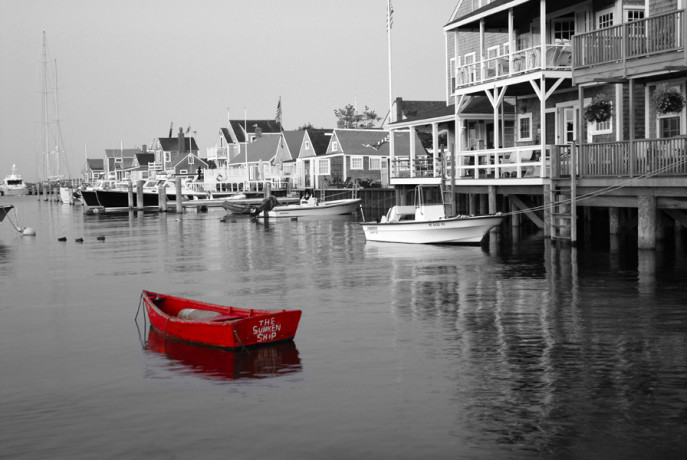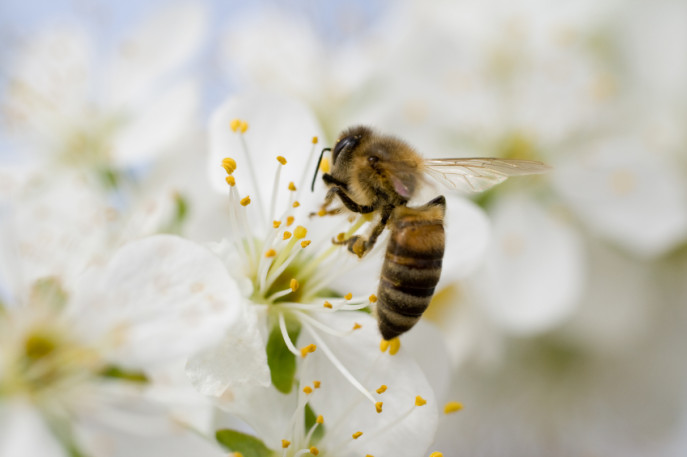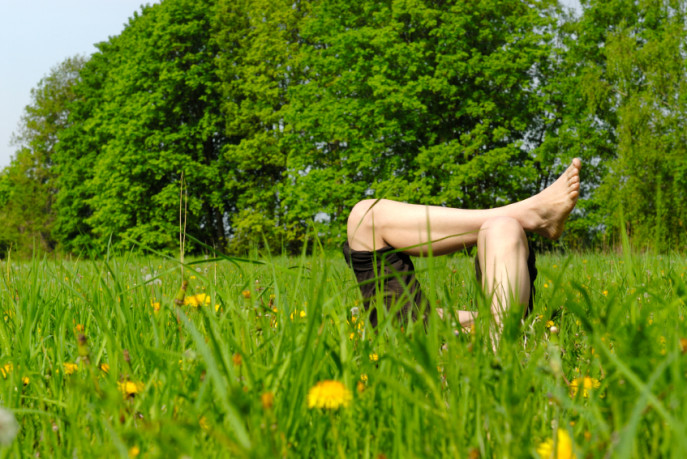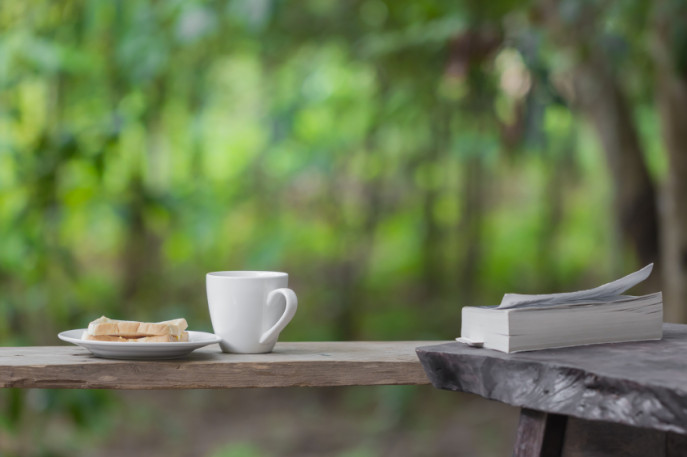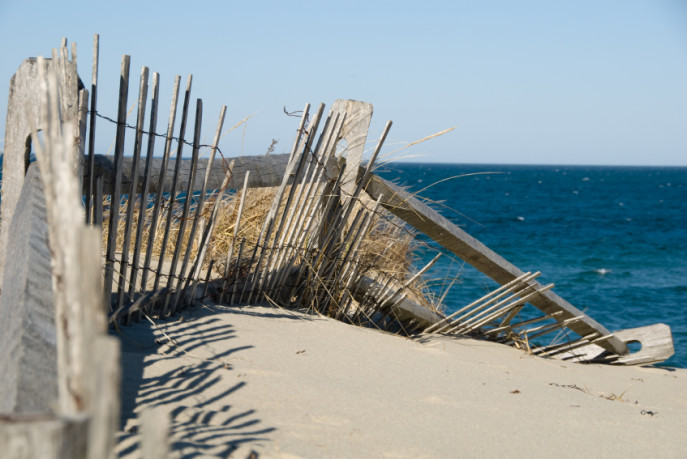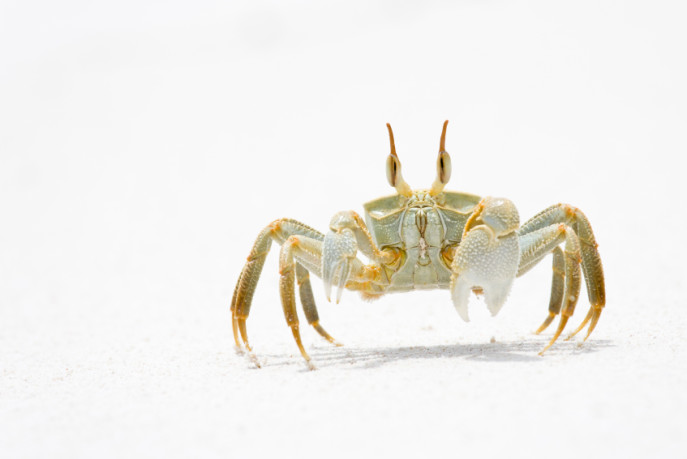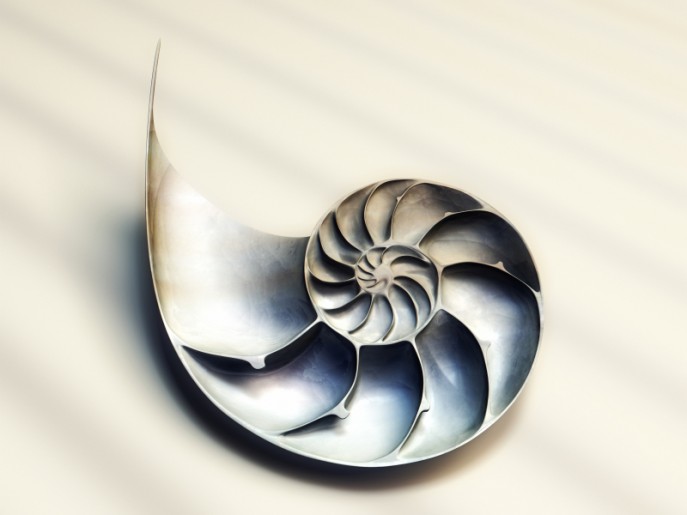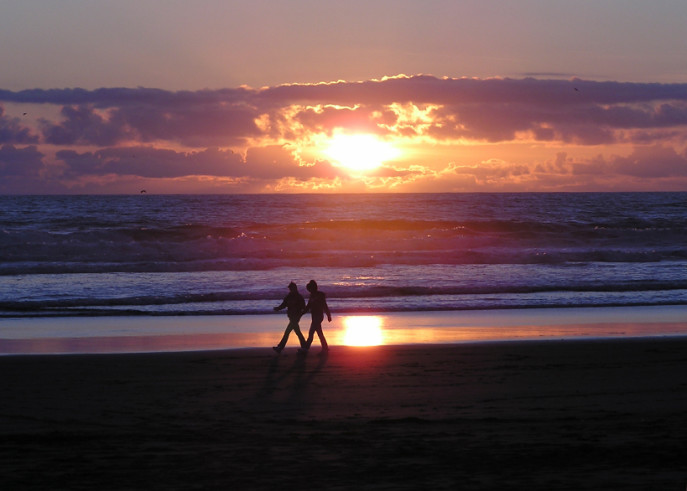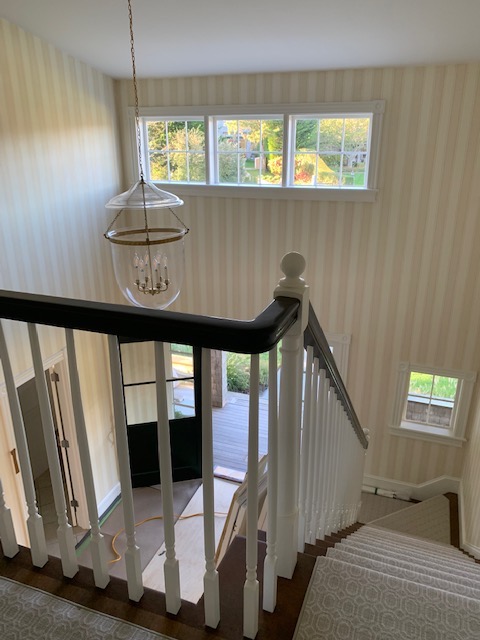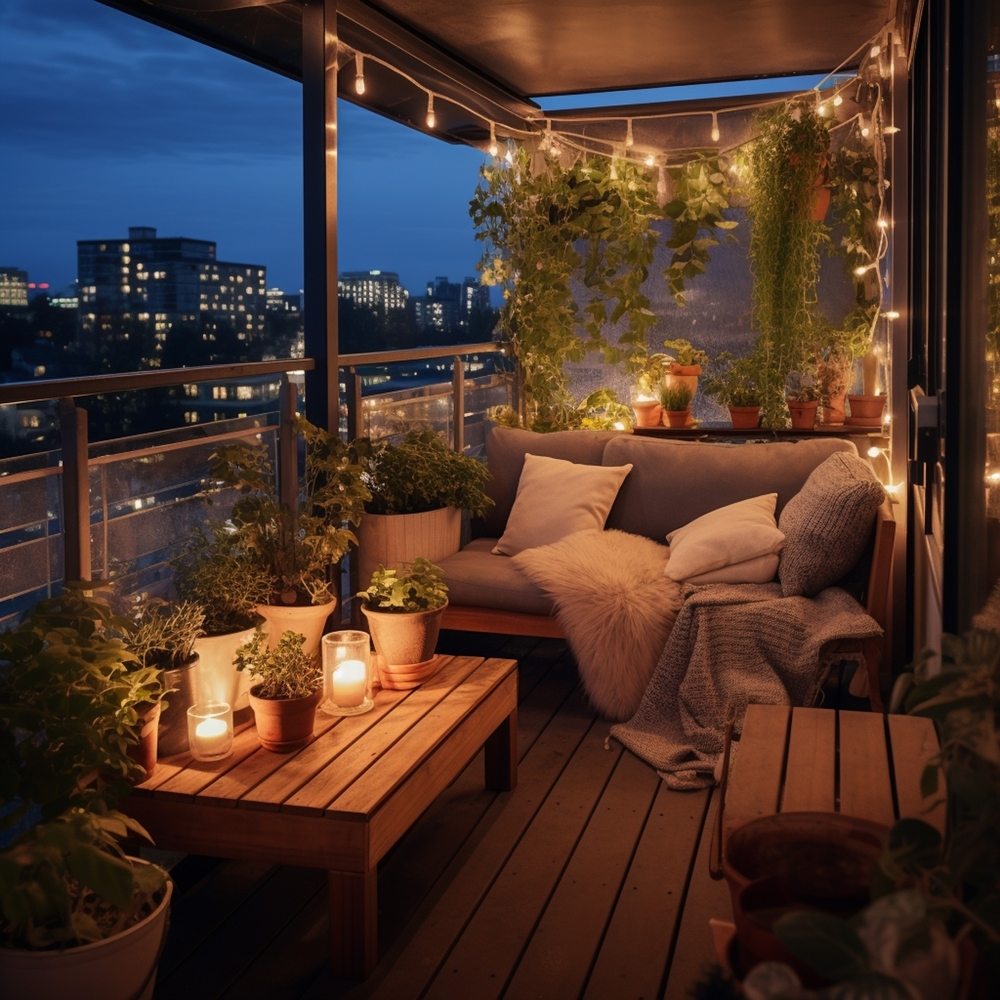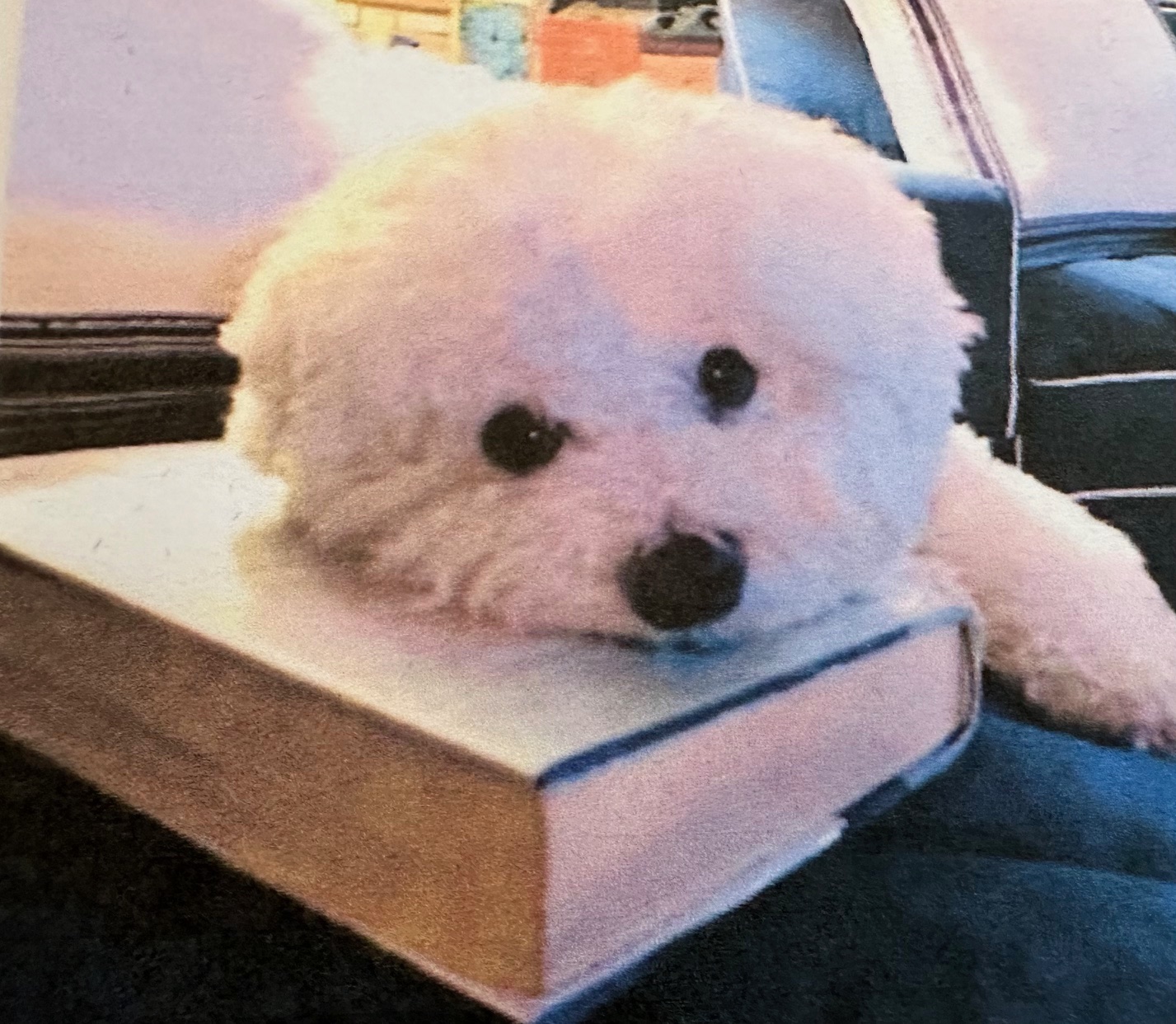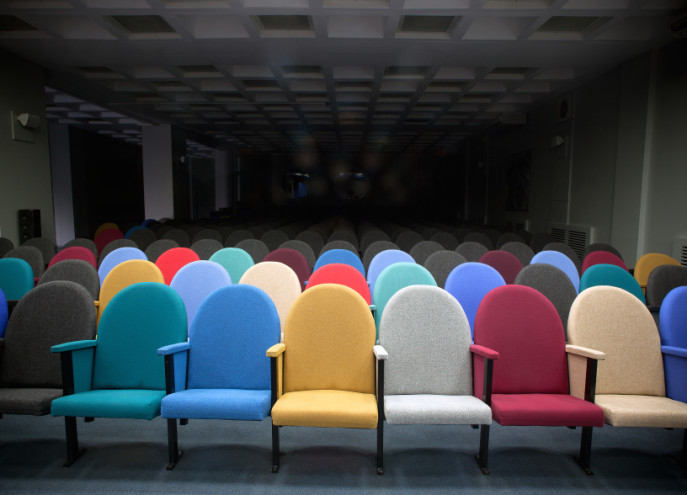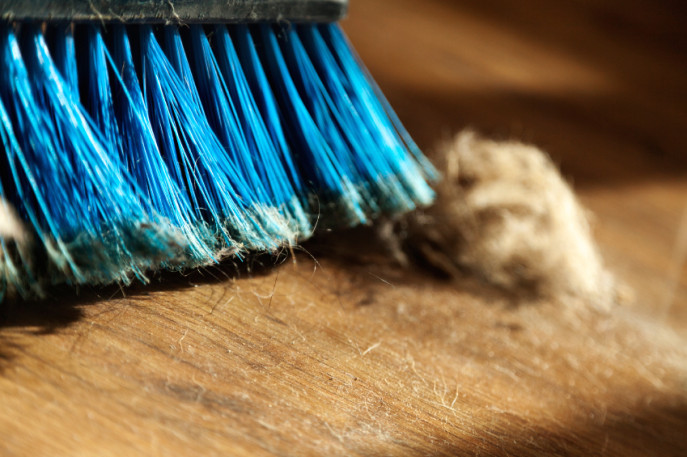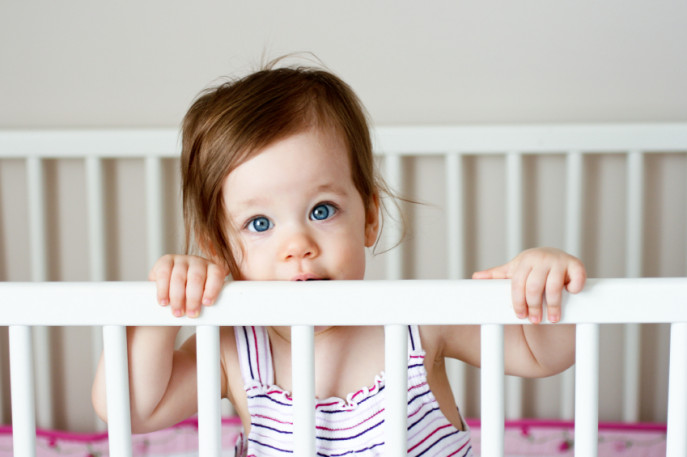There are many activists today who I refer to as my “environmental heroes,” individuals who are stepping out and speaking up about the important issues facing our planet. I’ve long been a fan of Dominique Browning’s Mom’s Clean Air Force, founded in 2011 with the Environmental Defense Fund. Today, it’s a community 340,000 strong of moms, dads and others fighting for clean air and our kids’ health. The mission of MCAF is to show that air pollution isn’t just dirty, it is toxic. and that there is a connection between pollution and disease.
Now MCAF has a new free E book , called Extreme Weather & Our Changing Climate. They’re requesting all of us to help promote the book and share it with each other. Here’s what they say about it:
“Everyone across the country is talking about how the weather is changing. And the weather is changing because the climate is changing. Our weather is unfolding in the context of a warmer earth, caused by greenhouse gas emissions. Climate scientists have shown that extreme rainfall, more likely as the weather warms, is already becoming more common across the country.”

The book covers The Big Three, the main issues related to climate change: heat and mega-heat waves, heavy rainfall, and drought. We are breaking temperature records, worldwide, at unprecedented rates.
A warmer atmosphere holds more moisture: there’s more vapor up there. So we get heavier rainfalls. And during a drought, the air bakes the soil, and the earth warms up even more.
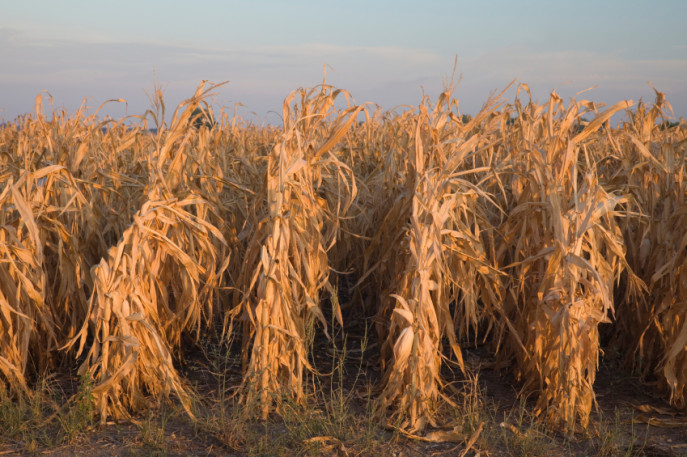
The heavy rain that eventually falls doesn’t help the soil at all: it just runs off, causing flash flooding.
Dominique Browning also has another blog, the very lovely Slow Love Life, described as a place to share ways to practice daily mindfulness in the midst of our busy, productive days. That approach provides the perfect balance to concern for our planet. We all need to be restored and refreshed to do our best work in the world.
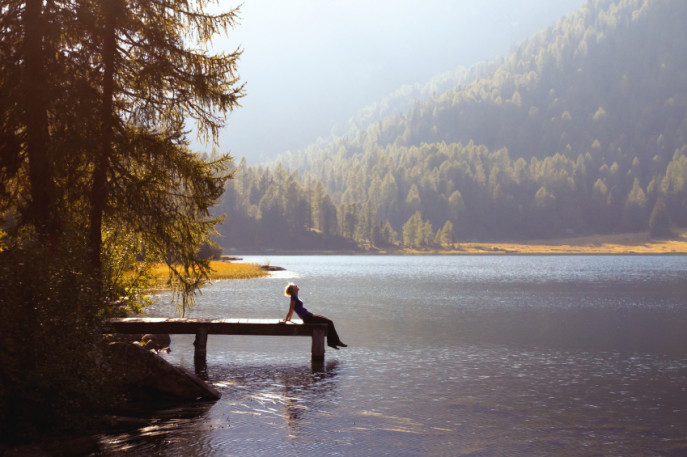
Dominique kindly agreed to answer some questions about her motivations and passion for the earth. Her interview with Holistic House follows:
Trudy: What was the inspiration behind Moms Clean Air Force? You’re a mom of two grown sons, so there’s that, of course. it’s grown and developed so much since its inception. What were you hoping for when you began?
Dominique: The inspiration is my two sons–and a love of home, quite honestly. As I’ve gotten older, I have expanded my idea of what is “home” beyond the walls of my house. First into the garden and then into the natural world in which we all really live. I have so many moments during the day that I think, what a blessing, a gift, an honor it is to be here, to watch that hummingbird, or to stand in awe of what humankind has accomplished…and I think: I want my children to enjoy this. I’m really thinking a great deal about what we are leaving behind for our loved ones, whether they are our own children or nieces and nephews, or simply, other small beings who count on us to protect them.
Trudy: To borrow from your interview with Michael Oppenheimer: optimist or pessimist? Knowing how enormous the problems are that we face, how do you get out of bed in the morning?
Dominique: I have chosen to be an optimist, because the alternative leads to depression and paralysis. And I’ve learned: I have a choice. I have a choice in the actions I take, what I do–so whether or not in my heart of hearts I think, we’re cooked, I act in the belief that we can make things better.
Trudy: You spent much of your life immersed in the design world, you wrote beautifully about the house where you raised your children, your garden there, and how you felt when you sold that home. You’ve moved again recently. I know you said you could write a book on creating a new home at this stage of life! What creates a sense of home for you? How do you define home today, versus earlier in your life?
Dominique: For one thing, I haul fewer things on the moving barge. But, there are still WAY too many things that I’m attached to, or rather, there are very many things, not too many. The things I love tell the story of who I am, what I care about, and they hold memories of love affairs and friendships. This wasn’t true when I was younger. So my sense of home comes from the things I love all around me, and from having spaces that I can read and rest in, and cook simple dinners for friends and family; home is where I feel I can express myself.
Trudy: You wrote once that you feared you were becoming a curmudgeon because you saw balloons and all you could think of is that they would end up gagging a goose. What small (or large) thing do you see that you would like for the world to change today. I am a fierce opponent of of pesticides and lawn and garden chemicals, among other things! What is your current pet peeve, or pet project?
Dominique: I agree with you, Trudy: We’ve gotten way too dependent on chemicals to do the jobs that nature used to do with various plants and bugs. We wipe out the creatures who would eat pests for us, for instance. But worse: I’m increasingly agitated about all the natural habitat we are wiping out. People buy houses in the country because they fall in love with the beauty of the place–and then they proceed to neaten everything up, cut down hedgerows, mow away meadows and lose Joe Pye and Milkweed, and manicure the lawns, and leave lights on all night. Pretty soon, we aren’t in the country anymore. And we’re losing, all over the East Coast, all those ground nesters: killdeer, meadowlarks, bobolinks, pheasants.
Let’s start seeing the beauty in a tangle of branches, and the vivid play of color in a stand of what we should not think of as weeds, but rather as native stands of plants! Let’s enjoy watching the grasses ripple in a meadow.
Trudy: You’ve given so much time, energy and talent to making this world a better place for all of us. Where do you find sustenance, and the desire to keep working for what you believe in?
Dominique: Love is my sustenance. I know that sounds impossibly cornball. It is. Every moment of love that floods me–in what I see around me, or in the voice of a child, or a friend, or when I gaze at a painting I especially admire, whatever it is, every breath of love makes me stronger. It does for all of us–if we stop long enough, those few seconds or minutes of being open, to let it happen…
Trudy: Thank you, Dominique! We’re so delighted to showcase you, Moms Clean Air Force, and the new e-book, Extreme Weather.
Dominique: I wrote the Extreme Weather book because, as a gardener, I started noticing how strange things were getting. All of us talk about the weather, and how it is changing because of the warming of our globe. I wanted to understand that, because it is a good example of how something as abstract as “climate change” touches our lives in a very real way.
Trudy: I want to help share the e-book and your message, because it’s so important. This interview has such deep meaning for me. I hope that all my readers take the opportunity to download the free book, and then share it, too.
Let’s all act in the belief that we can make things better!
